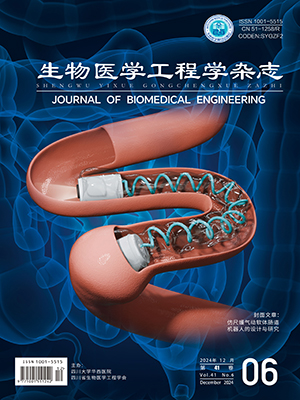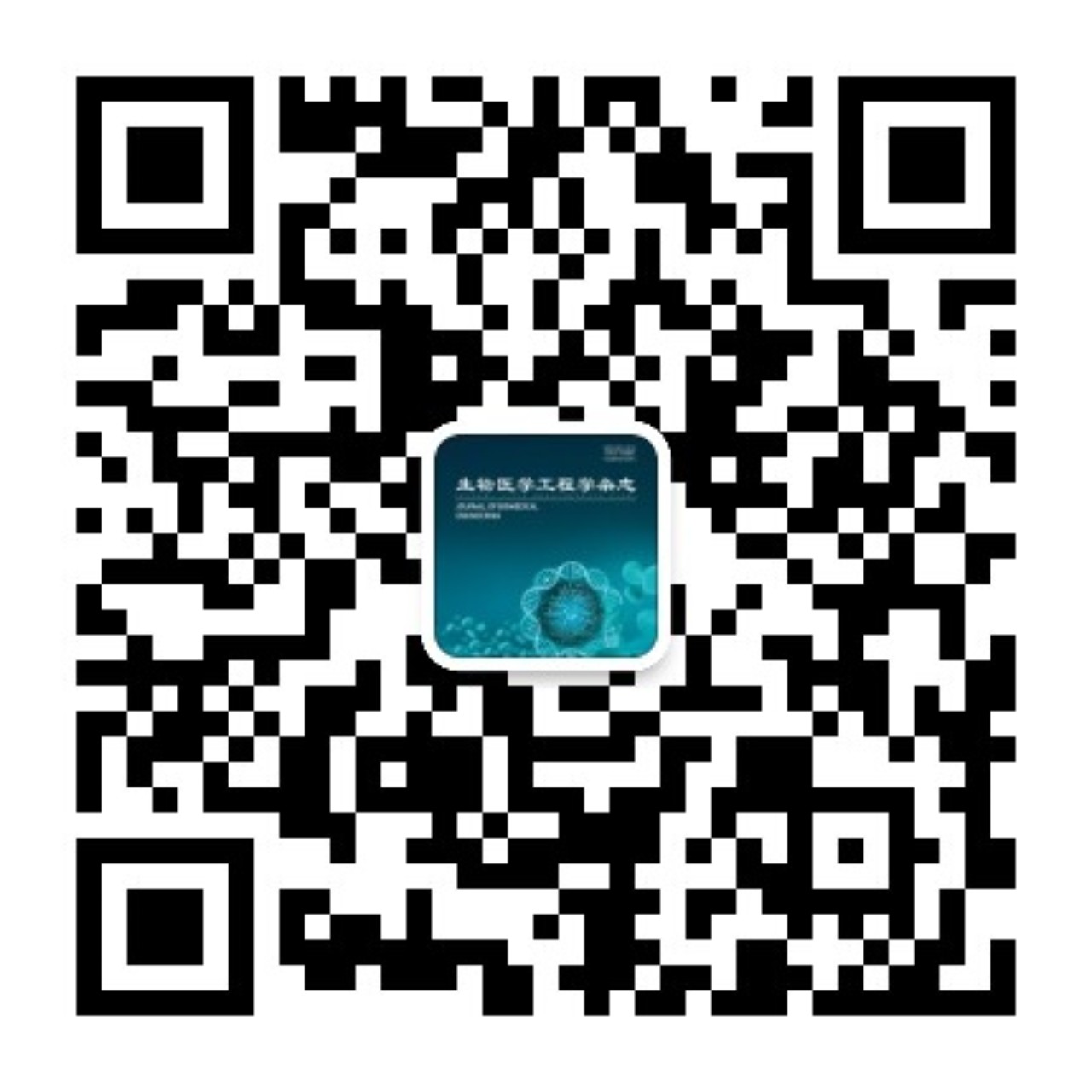We proposed a new deep learning model by analyzing electroencephalogram signals to reduce the complexity of feature extraction and improve the accuracy of recognition of fatigue status of pilots. For one thing, we applied wavelet packet transform to decompose electroencephalogram signals of pilots to extract the δ wave (0.4–3 Hz), θ wave (4–7 Hz), α wave (8–13 Hz) and β wave (14–30 Hz), and the combination of them was used as de-nosing electroencephalogram signals. For another, we proposed a deep contractive auto-encoding network-Softmax model for identifying pilots' fatigue status. Its recognition results were also compared with other models. The experimental results showed that the proposed deep learning model had a nice recognition, and the accuracy of recognition was up to 91.67%. Therefore, recognition of fatigue status of pilots based on deep contractive auto-encoding network is of great significance.
Citation: HAN Shuang, WU Qi, SUN Libing, QIU Xuyi, REN He, LU Zhao. Recognition of fatigue status of pilots based on deep contractive auto-encoding network. Journal of Biomedical Engineering, 2018, 35(3): 443-451. doi: 10.7507/1001-5515.201701018 Copy
Copyright © the editorial department of Journal of Biomedical Engineering of West China Medical Publisher. All rights reserved




